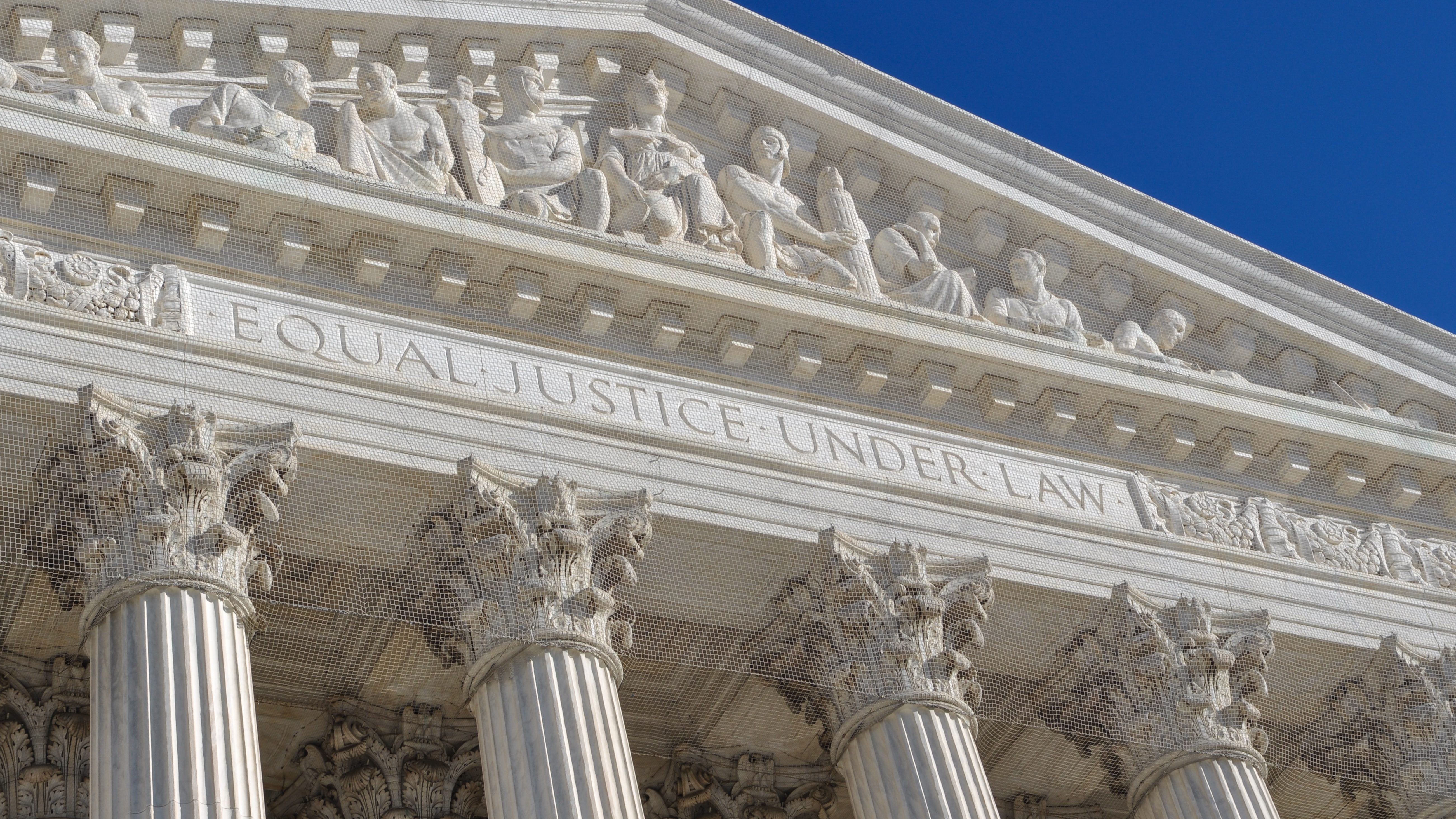On Thursday, Alabama Governor Kay Ivey (R) said that the decision by the U.S. Supreme Court to help states and local governments collect sales taxes from e-commerce retailers, “Will facilitate collections in our global, technology-driven economy.”
On Thursday the Court overturned a 1992 ruling that had made it very difficult for states to require online retailers to charge their customers sales taxes. The court found in favor of the state of South Dakota in today’s ruling in the case of South Dakota v. Wayfair.
“Technology and the advent of e-commerce has drastically changed the retail landscape and the states’ ability to collect sales taxes,” Governor Ivey said. “The Supreme Court’s ruling related to online sales taxes is a common-sense approach that modernizes existing limitations on the taxation of e-commerce sales and will facilitate collections in our global, technology-driven economy. The change effected by the Court’s decision will promote parity between our state’s brick and mortar businesses and competing out-of-state sellers.”
The ruling freed states and local governments to start collecting billions of dollars in new sales taxes from online retailers, overturning a 1992 ruling that had made much of the internet a tax-free zone. Traditional retailers have said that they have been at a disadvantage because their online competitors did not have to charge sales taxes,
The sales taxes are still due and technically Alabama citizens are supposed to keep a record of their online purchases and then pay the sales tax with the rest of their taxes; but very few people know of that,
The court’s 1992 decision involving catalog sales had shielded retailers from tax-collection duties if they didn’t have a physical presence in a state.
Justice Anthony Kennedy wrote today’s narrow 5 to 4 decision for the majority.
Kennedy wrote that the 1992 ruling, Quill versus North Dakota, was obsolete in the e-commerce era.
It is estimated that today’s ruling will allow state and local governments to collect anywhere from an additional $8 billion to as much as $23 billion a year in additional taxes.
It is not clear at this time if this might give international sites an advantage over domestically located retailers. Items such as e-books, software, movies, songs, etc. are increasingly marketed as downloads rather than an item that is shipped in the mail.
It is also not clear how this affects marketplace web sites that bring buyer and seller together, like E-bay.
“Today’s ruling is limited to large online retailers and confirms that small businesses are clearly viewed differently by the court,” EBay said in an email. “Now is the time for Congress to provide clear tax rules with a strong small business exemption.”
It is also not clear if the states can make this retroactive and sue online retailers for years of uncollected sales taxes.
The value of Wayfair stock dropped on the news.
Only five states do not impose sales taxes.
Amazon had already begun charging sales taxes; but thousands of online retailers, notably Overstock.com, do not,
Rates vary from state to state and even from town to town. Also many states do not charge sales taxes on items like foodstuffs. Alabama does charge sales tax on food; but not on certain seeds and agricultural products.
Then Alabama Governor Robert Bentley (R) had strongly lobbied Congress for legislation allowing states to tax e-commerce during his first term; but the Congress never passed that legislation.
The state of Alabama is looking forward to increased sales tax collections after Thursday’s ruling. Alabama consumers may have to expect to pay five to ten percent more for their online purchases than they are now.
(Original reporting by Bloomberg News’s Greg Stohr contributed to this report.)



















































